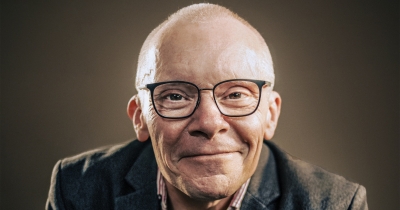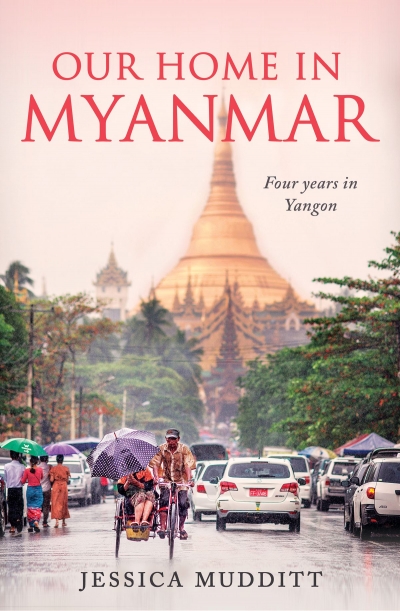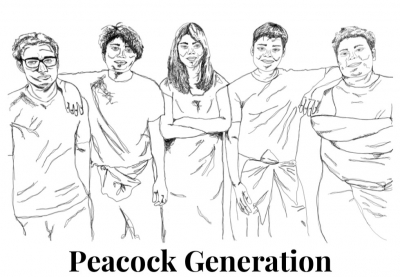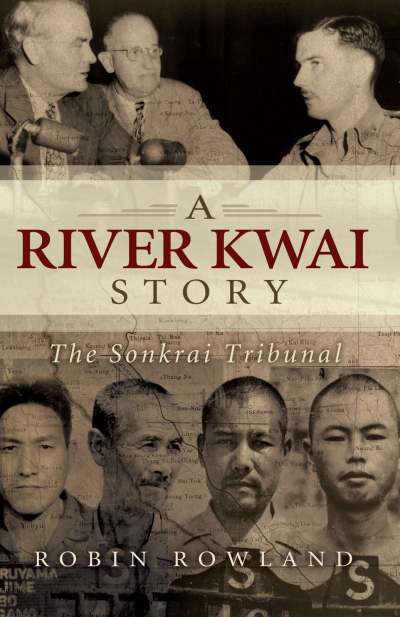Myanmar
Our Home in Myanmar: Four years in Yangon by Jessica Mudditt
by Nicholas Coppel •
In her acceptance speech for the 2004 Sydney Peace Prize, writer Arundhati Roy suggested that ‘there’s really no such thing as the “voiceless”’. There are only the deliberately silenced, or the preferably unheard.’ Framed around the topic of justice, Roy’s lecture invited listeners to think about the mechanisms of power that stifle voices of dissent, those that push against political systems designed to erode fundamental human rights. Roy’s statement resonates because it implies that there is an element of choice in how we respond to cases of oppression. It is a choice not just for authorities but for communities and individuals alike.
... (read more)A River Kwai Story by Robin Rowland & The Men of the Line by Pattie Wright
by John Connor •




